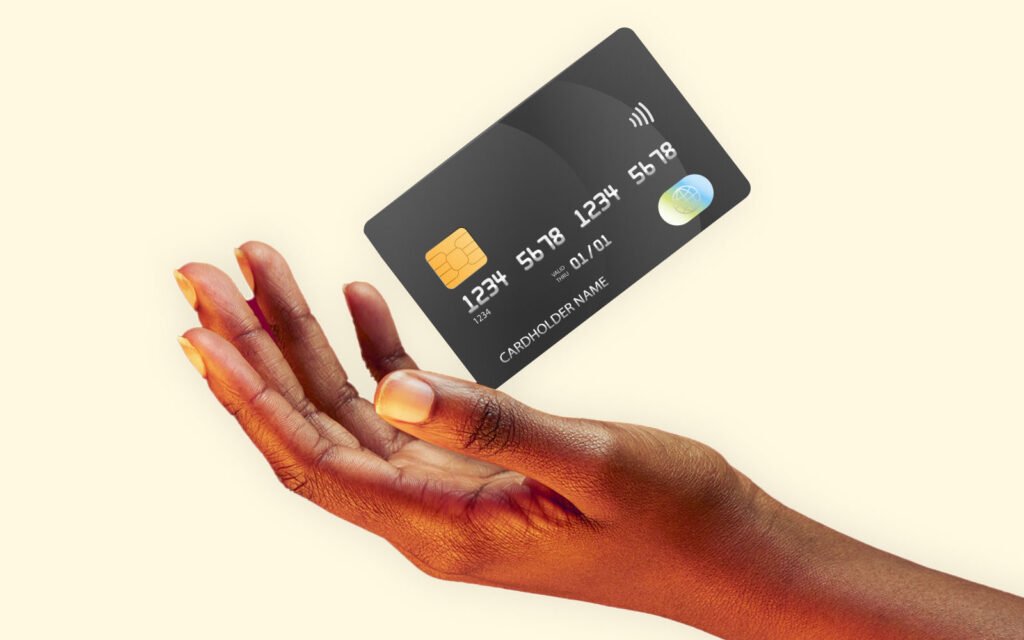Freelancers have personal finance and work-related expertise. It is important to understand the complexities of managing the revenue stream from budgeting to investment. If up-and-coming freelancers have a flexible schedule and dream.
So it is important to keep in mind that this career path requires good management of both professional and personal wealth. Who wants to dress up as any freelancer or self-employed worker.
Budgeting Strategies for Freelancers
Since embarking on the freelancing journey requires sophisticated budgeting strategies, freelancers should assess their current financial situation. If their financial situation is better, then they can set a realistic budget according to their income and expenses.
Consider only necessary expenses and not those that have no function. Allowing freelancers to identify areas for potential cost reduction Implementing a budgeting tool or app can effectively streamline the process. Finally, maintaining flexibility within the budget ensures adaptation to the dynamic nature of freelance income.
Income Diversification Techniques
The first is to diversify sources of income, i.e. reduce dependence on a single client or project. Flexibility is provided to transition to a variety of tasks. This increases the chances of securing a plan to explore different platforms and markets.
Establishing non-essential income streams such as royalties or investments provides protection. Adopting these approaches ensures a steady flow of income.

Tax Planning and Preparation Guidance
Navigating tax obligations as a freelancer requires strategic planning and concerted preparation. Understanding the rules and requirements of one of the most important deductible expenses and allowable credits helps in optimizing the tax return.
Maintaining systematic records throughout the year streamlines this preparation process. Regularly paying funds for estimated tax payments can save you from a large penalty. Staying abreast of changes in tax laws and receiving expert guidance empowers freelancers to meet their tax obligations effectively.
Client Payment Management
Managing client payments is an important aspect of freelancing. Clearly setting the payment terms in advance and getting immediate income after completing the project are key steps. Handling unpaid invoices ensures timely payment.
And it also helps to keep yourself up to date. Regularly reviewing the payment process can further improve performance. A friendly attitude towards the client is essential to maintain a positive relationship and facilitate smooth transactions.

Debit over Credit
Debit and credit cards are preferred by many people. But it offers a wise financial choice for them. Using First Debit reduces debt collection drops and boosts demand-side spending numbers. Using a debit card makes budgeting easier.
As the transaction is directly debited from the linked account, the debit transaction is preferred and facilitates a more transparent and controlled process for personal finance. Another problem with credit is that it makes us think we have more money than we can handle.
When a person starts earning more, getting a credit card can be tempting. However, if you have a bad credit history, it can become a problem and a trap for you.

Conclusion
In the dynamic world of freelancing, mastering personal finance isn’t just beneficial. This is essential for sustainable success. The tips outlined above serve as a comprehensive guide for freelancers to effectively navigate the financial landscape.
By implementing a combination of budgeting, saving, investing, and security strategies, freelancers can protect their financial future while maximizing their earning potential.
